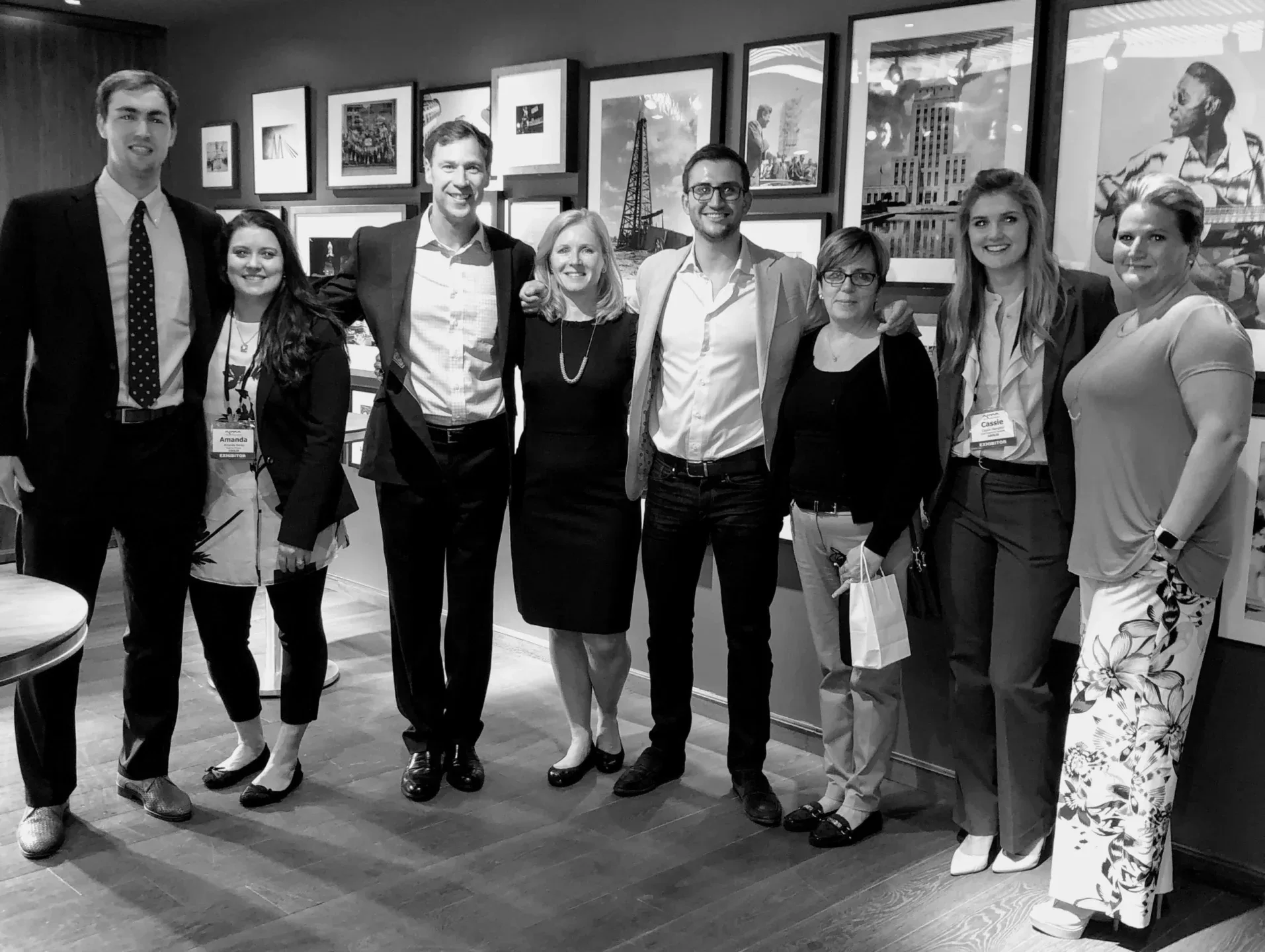When entering the George R. Brown Convention Center in Houston, the first thing I was struck with was the sense of scale. In addition to the size of the venue, the 2000+ attendees at last month’s annual ACMA national conference comprise a who’s who in the case management and care transitions world. But it isn’t just about volume and scale – a sense of transformation charged the air, and it was apparent that big ideas were taking root. Two themes resonated throughout the conference and conversations: embrace technology and eliminate silos.
Embracing Technology in Healthcare
Technology took the main stage this year. From keynote to close, the conversation centered on the role technology will play in all aspects of case management, from education and training to integration and analysis. Unlocking the potential of data to bridge the divide between providers, payers, and patients remains an opportunity many forward-thinking Directors and Case Managers are looking to capitalize on. There’s also a sense that those who don’t have the right tools and solutions to support them will get left behind. In my mind, technology plays a crucial role in enabling the clinical expertise of nurses and clinicians to shine through. Technology certainly will play a pivotal role in the future of case management.
Eliminating Silos
Collaboration remains key. Several Directors I spoke to admitted they had previously felt disconnected from other teams and departments, though this is changing. There has been a sea change in the way case management and UR is thought of in many hospitals – these disciplines are now being recognized for the value they deliver, the outcomes they drive and the importance they provide to the industry. As technology shifts allow end to end reporting on utilization and compliance efforts, it becomes more and more apparent that case management staff deliver real and tangible benefits to their organizations. And as this shift continues, case management professionals increase their recognition as true assets and leaders.
Though I must admit I’m partial to Texas (I received my Doctor of Medicine from UT’s Medical Branch), I’m looking forward to next year’s annual conference in Seattle: I anticipate a hugely positive change in the case management space in the meantime.
